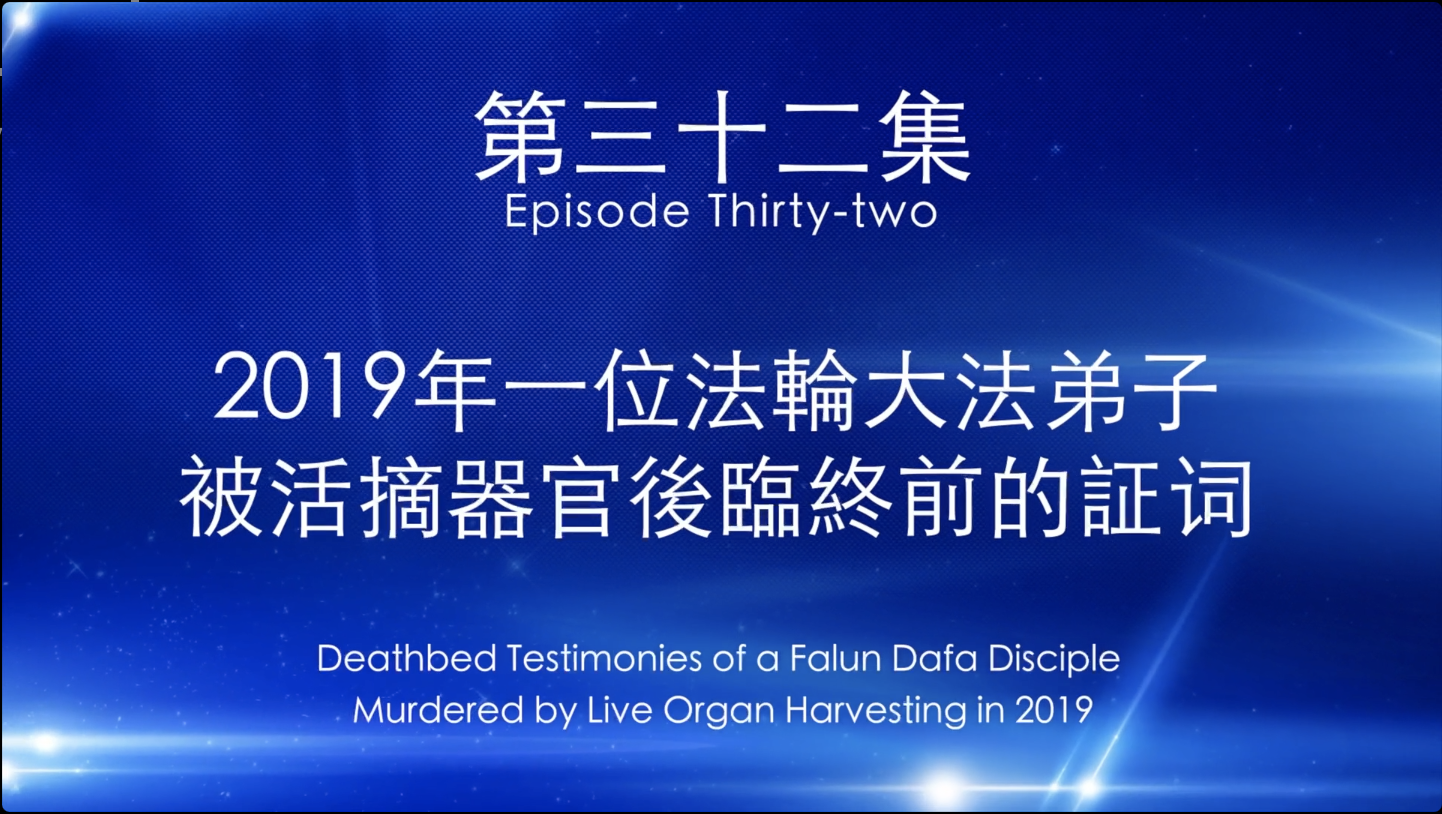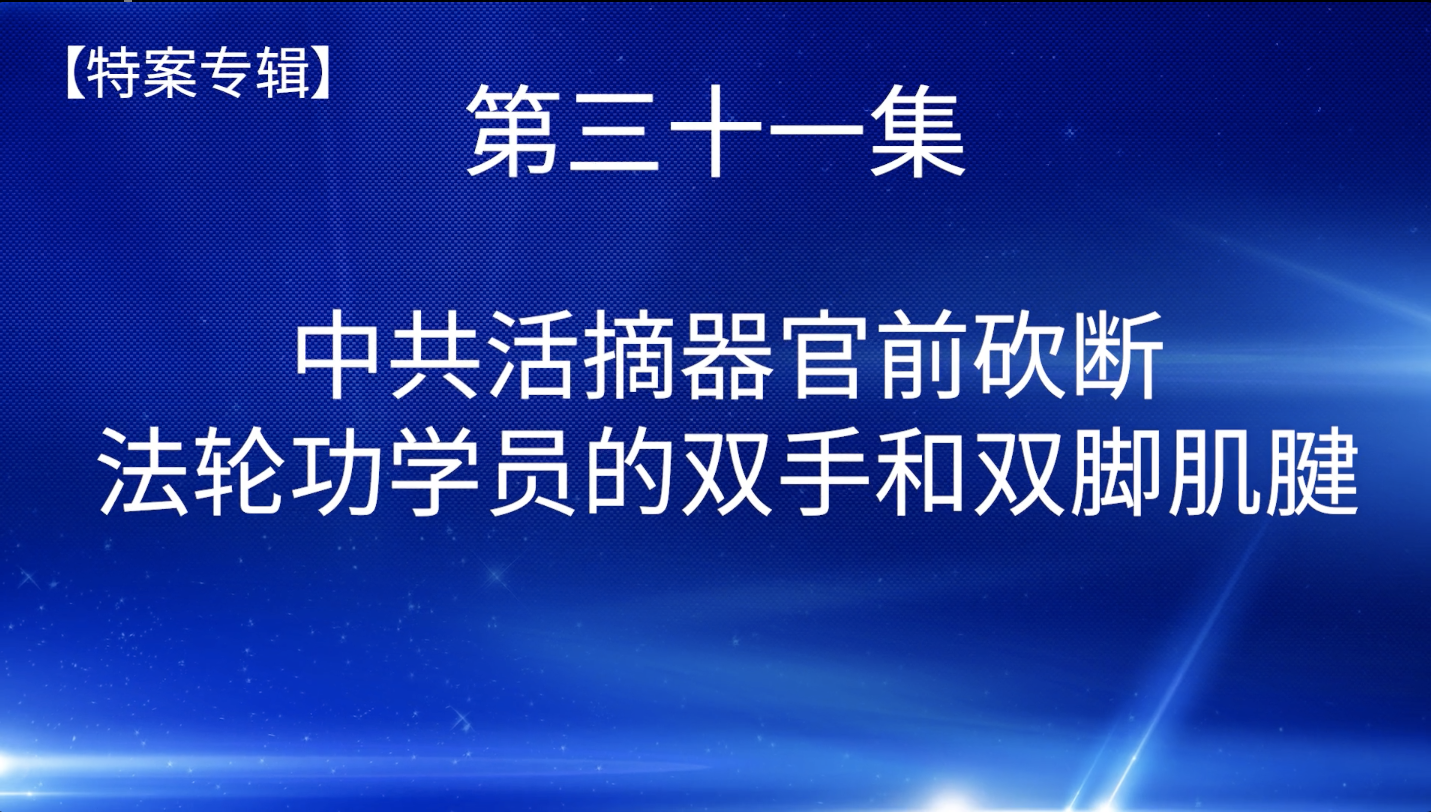内容提要
2006年3月9日,中共大规模活摘法轮功器官的苏家屯集中营事件被曝光。面对活摘器官的指控,中共政府和器官移植界出现了短暂的沉默,全国的器官移植机构突然停了,安静了。三个星期之后,中共外交部发言人否认了苏家屯集中营的存在,并且,官方出台了《人体器官移植技术临床应用管理暂行规定》[1],规定从2006年7月1日开始筛选器官移植资质的医院,从2007年5月1日以后,没有资质的医院不能再开展器官移植。那就是说,2007年5月1日之前的一年内,还可以随便做。于是,暂行规定颁布后,全国众多医院出现疯狂地突击移植,突然间有大量的器官,需要加班加点的赶着做器官移植,器官多到低价促销,甚至免费赠送。全国突击移植的疯狂状态,至少持续1年多。
The CCP’s large-scale systematic organ harvesting from living Falun Gong practitioners held in the Sujiatun Concentration Camp in Liaoning Province of northeastern China was exposed by the international media on March 9, 2006. Facing the allegations, the CCP and China’s organ transplant industry kept silent for three weeks. The Foreign Ministry spokesperson then denied the camp’s existence. In the meanwhile, “Interim Provisions to Manage Clinical Applications of Human Organ Transplant Technologies” were issued and stated that the CCP would start screening organ transplant hospitals on July 1, 2006 for qualification, and that starting from May 1, 2007, unqualified hospitals could no longer carry out organ transplants.[2] After the Interim Provisions were announced, many hospitals across China saw a dramatic increase in their organ transplant operations. Hospitals nationwide suddenly had a large number of organs available, and their medical personnel were required to work overtime to transplant organs. This nationwide organ transplant rush lasted at least for a period of more than one year.
















